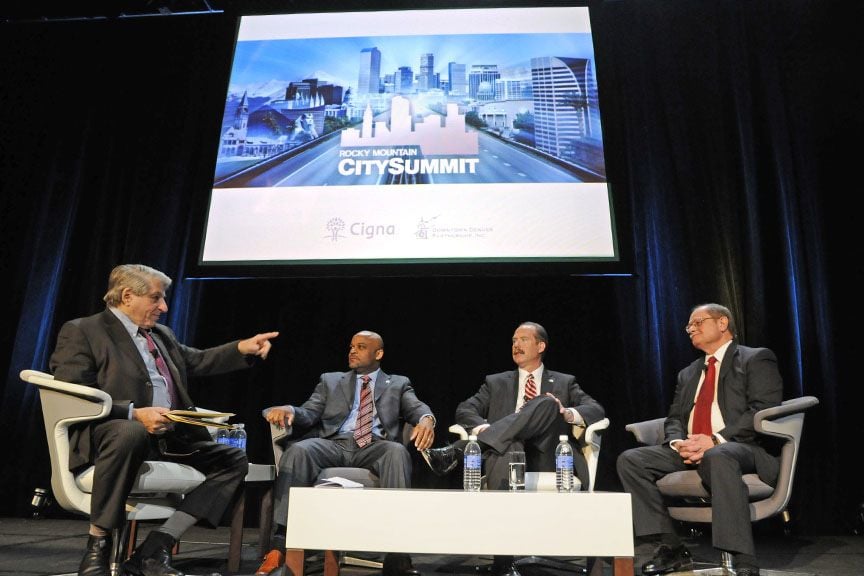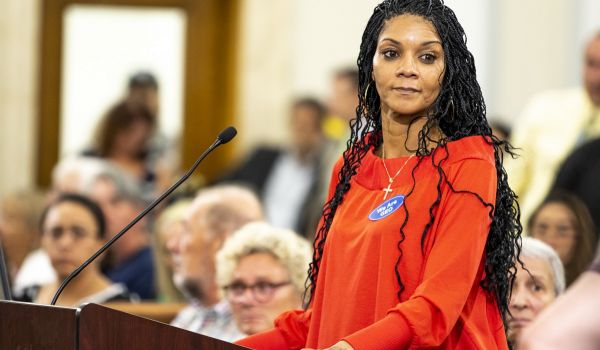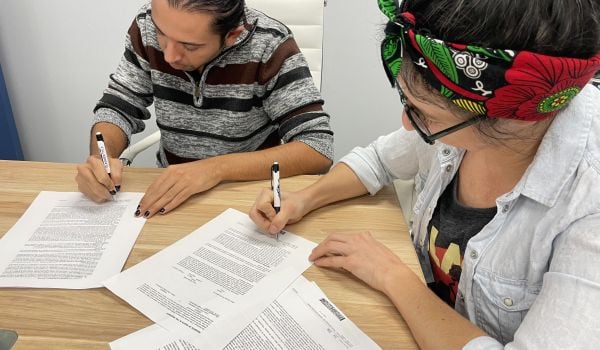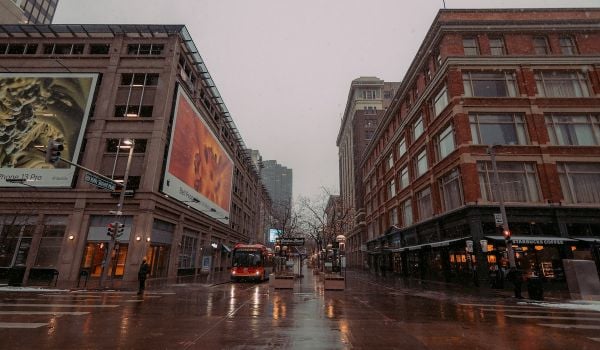“Spare me your sermons, and I will fix your sewers.”
That was Dr. Benjamin Barber, author of If Mayors Ruled the World, speaking at the Rocky Mountain CitySummit in Denver last week. He was quoting the former mayor of Jerusalem, Teddy Kollek, who, as legend has it, once used the line to silence an argument between a rabbi and an imam who were arguing over access to holy sites. Kollek’s point: while some leaders have the luxury of engaging in ideological dogfights, leaders of cities have to be more pragmatic — and that’s why cities should guide us through the 21st century.
Surprisingly, however, this year’s Rocky Mountain CitySummit trafficked in a lot of lofty, fascinating, perhaps pie-in-the-sky ideas along with the more granular, practical stuff. The event, which is invite only and free of charge, has been held four times since 2010, and long-time attendees said the crowd this year was not only bigger than ever, but especially engaged.
The roster of speakers was formidable. In addition to Dr. Barber, lengthy speeches were given by Creative Class guru Richard Florida; Jennifer Bradley, co-author of The Metropolitan Revolution; Kimbal Musk, who sits on the boards of both Tesla and SpaceX; Charles Landry, co-developer of The Creative Cities Index Colorado Governor John Hickenlooper; and the mayors of Denver, Cheyenne and Albuquerque.
It was a day of big thoughts, and two of the biggest came from Barber and Florida. Barber made the argument that for hundreds of years, nation-states have been “the world’s organizing geography,” waging wars and directing trade, while the cities within them have functioned merely as “subsidiary administrative units.” He posited that this paradigm is ill suited to the world’s current challenges, which demand that we work together. Countries, he said, are competitive, while cities tend to be collaborative, thanks to their aforementioned pragmatism. For that reason, “nation-states appear to have reached the very edge of their efficacy,” and are unable to deal well with issues that cross borders, like viruses (both biological and technological). Instead, he said, it’s time to flip the pyramid, and put cities at the helms of the countries where they reside. Only then will we see the kind of cooperation today’s world urgently needs.
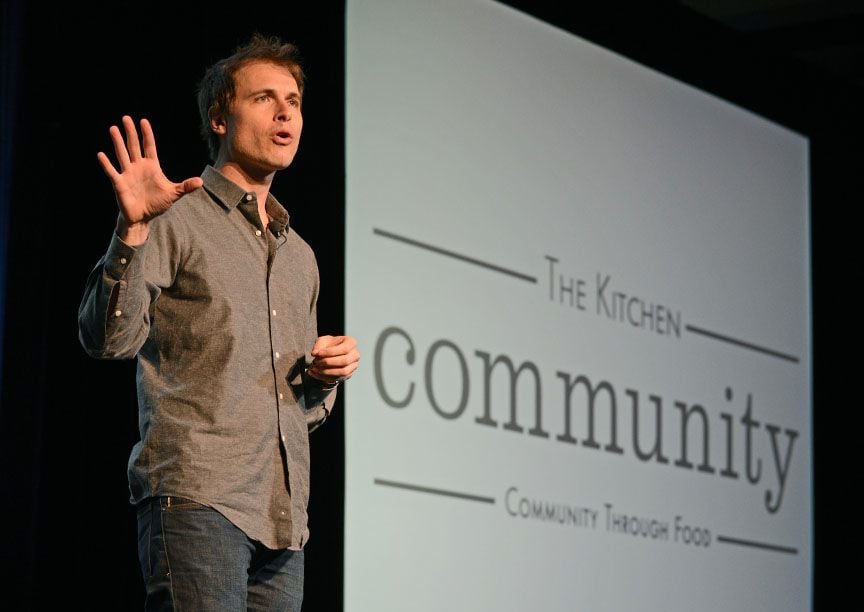
Kimbal Musk talks about his organization, The Kitchen Community. Photo credit: Rocky Mountain CitySummit
Florida, who paced the stage and spoke animatedly for over and hour, proposed an idea that seemed almost as radical: a solution to the displacement caused by urban gentrification. Rather than focus solely on the high cost of housing, a problem that’s somewhat intractable, Florida argued for a new labor revolution that puts more money in the pockets of service-sector employees. With such workers making up an ever-increasing portion of the urban workforce, Florida said that giving them unions — or something like unions — was the best way to keep those people in cities. Referring to his own blue-collar upbringing in New Jersey, he reminded the crowd that fair wages were what allowed factory workers to live where they wanted to in the 20th century, and that there’s no reason that solution couldn’t still work today.
There were lots of other inspirational messages peppered throughout the day. One of the biggest crowd-pleasers was Kimbal Musk, whose organization The Kitchen Community has created green spaces and gardens in inner-city schools throughout Colorado. Jennifer Bradley talked of swapping our current consumption-and-debt-based economy for one that focuses on innovation and technology. And the three Rocky Mountain mayors engaged in a lively debate about everything from wildfires to the importance of artists to cities. (On that last point, Cheyenne Mayor Richard Kaysen admitted, “We need to get a little more cosmopolitan.”)
In the end, the event was part networking confab, part motivational pep-talk, which is just about right for a summit of this type. As Governor Hickenlooper put it, “We in the West are natural collaborators.”
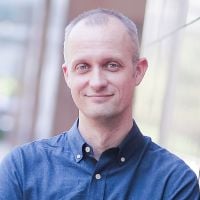
Will Doig was formerly Next City’s international editor. He's worked as a columnist at Salon, an editor at The Daily Beast, a lecturer at the New School, and a communications staffer at the Open Society Foundations. He is the author of High-Speed Empire: Chinese Expansion and the Future of Southeast Asia, published by Columbia Global Reports.

